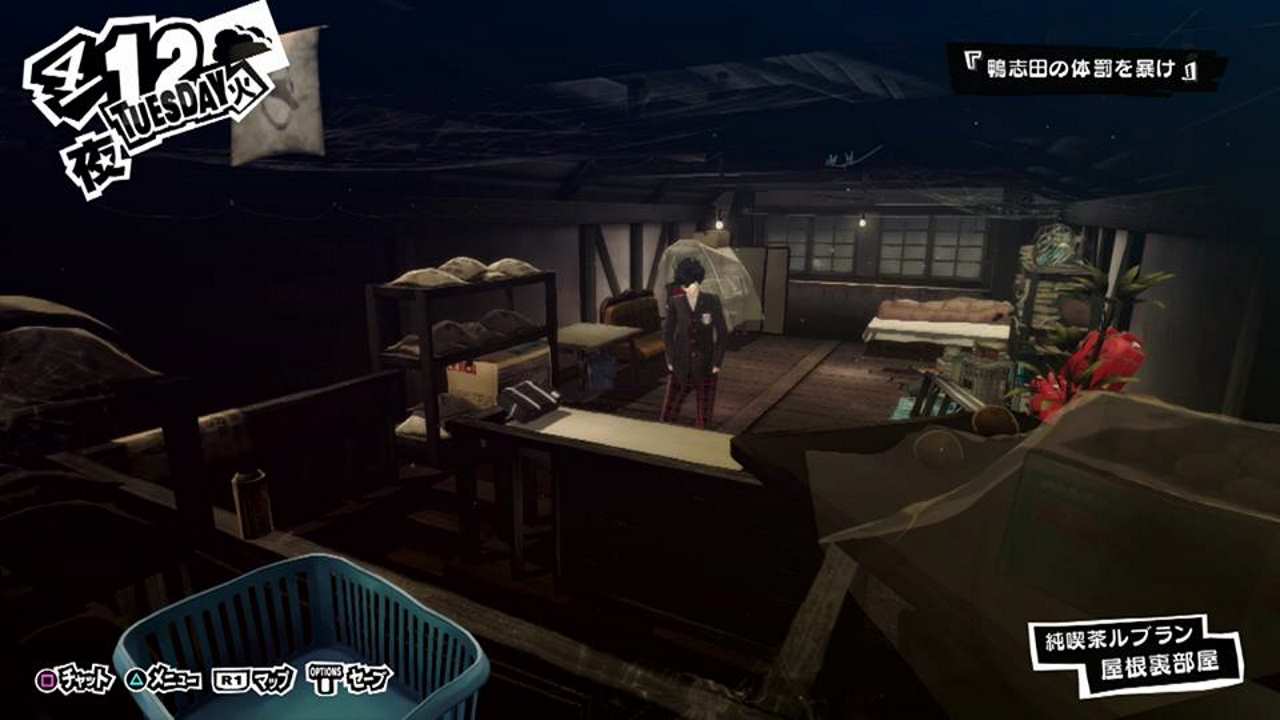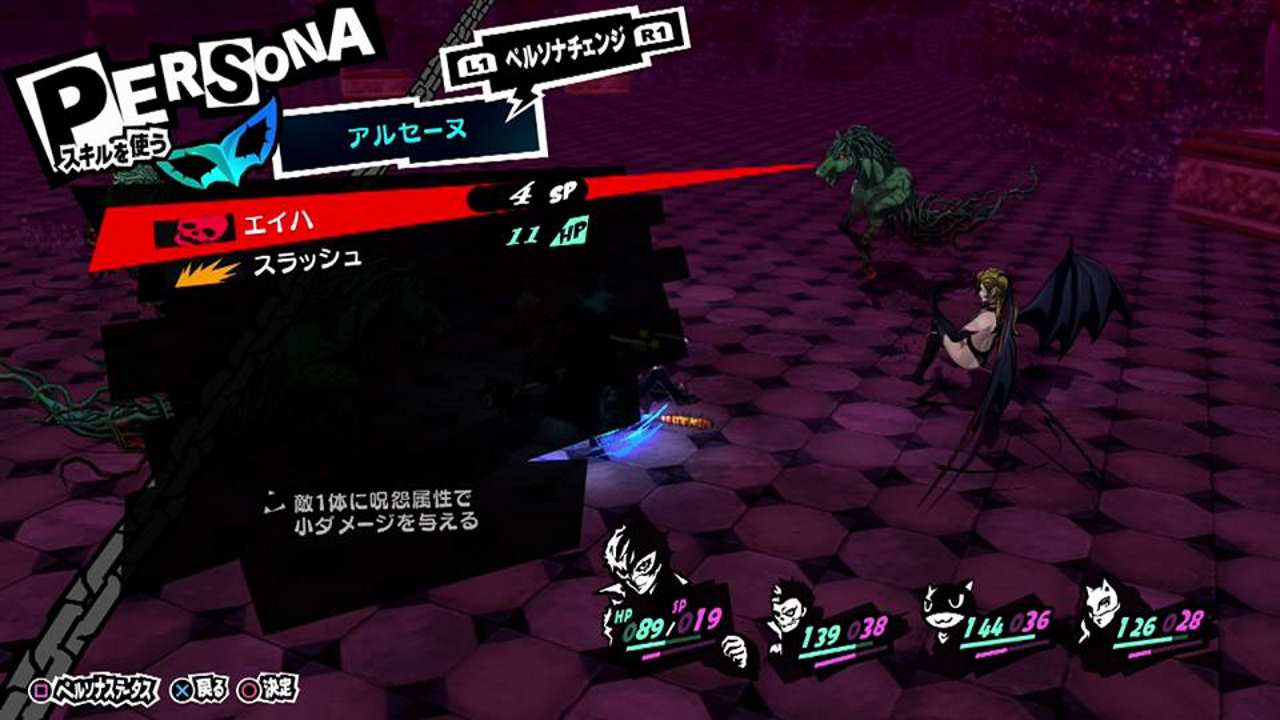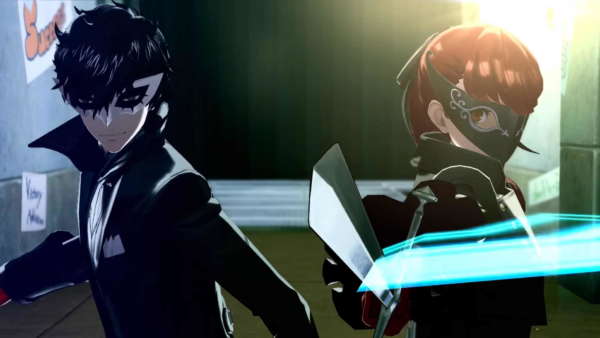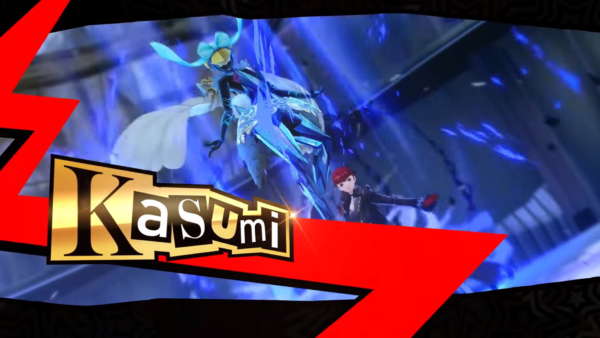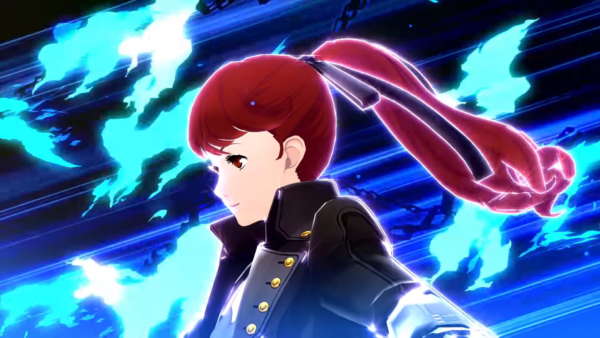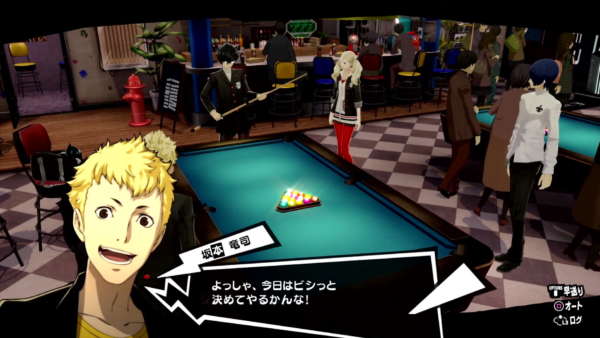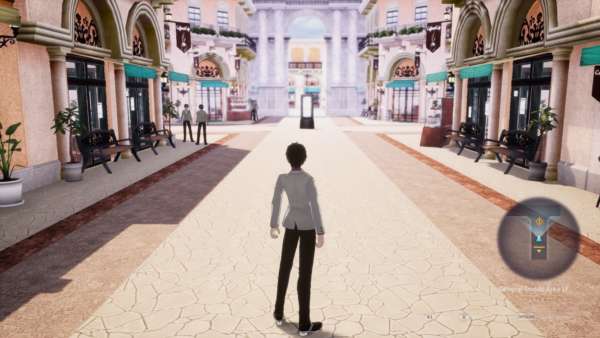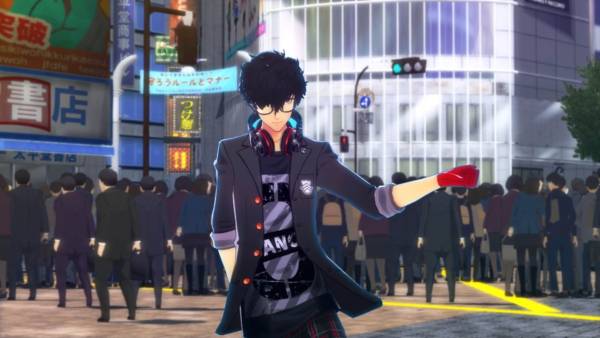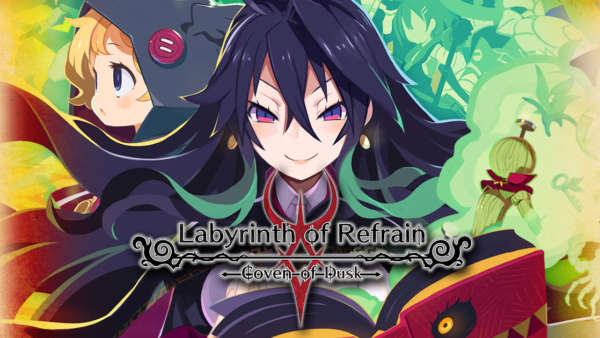This review of Persona 5 was created by playing a Japanese retail version of the game. Some details may be changed or removed when the game arrives in English next year.
Eight years have passed since we tuned into the Midnight Channel in Persona 4. After several delays to improve the quality of the game, Atlus have finally released Persona 5, the sixth main entry in the Persona series in Japan. While those of us in English speaking countries will not receive Persona 5 until Valentine’s Day next year, we decided to jump the gun a little bit early, and offer a review based on a Japanese copy of the game. Although every attempt has been made to avoid major spoilers, some details have been revealed in order to perform a critical analysis of Persona 5, which is definitely a contender for one of the best role playing games of the last few years.
After being placed on probation for a crime that he didn’t commit, the protagonist of Persona 5, known as Akira Kurusu the official manga adaption, is sent to live with Sojiro Sakura, a family friend who lives in the outskirts of Tokyo. After being enrolled at the local high school, the main character accidentally crosses over into The Palace, a world which is partially shaped by the real world, and otherwise influenced by the human heart. Whilst in the other dimension, he awakens to the power of Persona, a supernatural version of his alter ego which can protect him from almost any threat. Returning to the real world, he eventually meets up with others who also gain the ability to summon a Persona by embracing their desire to change their circumstances.
Together with his new friends, they decide to venture into The Palace as a group known as the Phantom Thieves, stealing the hearts of any evil adults they come across to make the world a better place. Many fans felt that although Persona 4 was a wonderful experience, it lacked the dark storyline which had been present in the earlier games. However, there is no danger of this happening in Persona 5, as some of the events which take place early in the narrative are far darker than any previous entry in the series managed to accomplish. As well as these darker elements, the storyline of this latest entry is full of twists and turns, and populated with some of the best written characters ever seen in the series.
The core structure of the Persona games which was established in the later instalments has remained intact, providing the calendar system from Persona 3, as well as the weather effects from Persona 4, which can affect the appearance rate of certain Shadows within the Palace. You are still required to attend school during the day, where you will face the challenges that come with the territory, such as rogue teachers and the standard multiple choice tests. Outside of this, you are free to choose your activities after you have passed through the initial tutorial sections, although certain in game events influence this to a degree such as national holidays, and reconnaissance missions related to the Phantom Thieves. When you are able to roam freely, the size of the map you are able to explore is far larger than anything we have encountered before. Each location has several sub-areas, all filled with unique shops, locations and a distinct visual style that separates it from the rest.
For the first time in the series, Persona 5 uses real world locations as some of its set pieces, a trend which has become popular in games such as Akiba Strip and Digimon Story Cyber Sleuth. One of the best locations to show off this aspect is Shibuya, as it has a large selection of various shops such as a florist and a pharmacist, some of which actually exist in the real world. In addition, areas such as the convenience store can give you a part time job to earn some extra money. It is possible to gain a job elsewhere, but it is definitely easier in one of the more populated areas. The amount of activities you can perform has increased dramatically, such as making coffee with Sojiro Sakura, watching a football match with one of your party members and playing a retro game console which you find at a local charity shop. As well as being enjoyable to take part in, these activities can increase your five basic stats, which are as Courage, Charm, Knowledge, Kindness and Dexterity.
